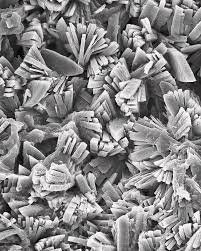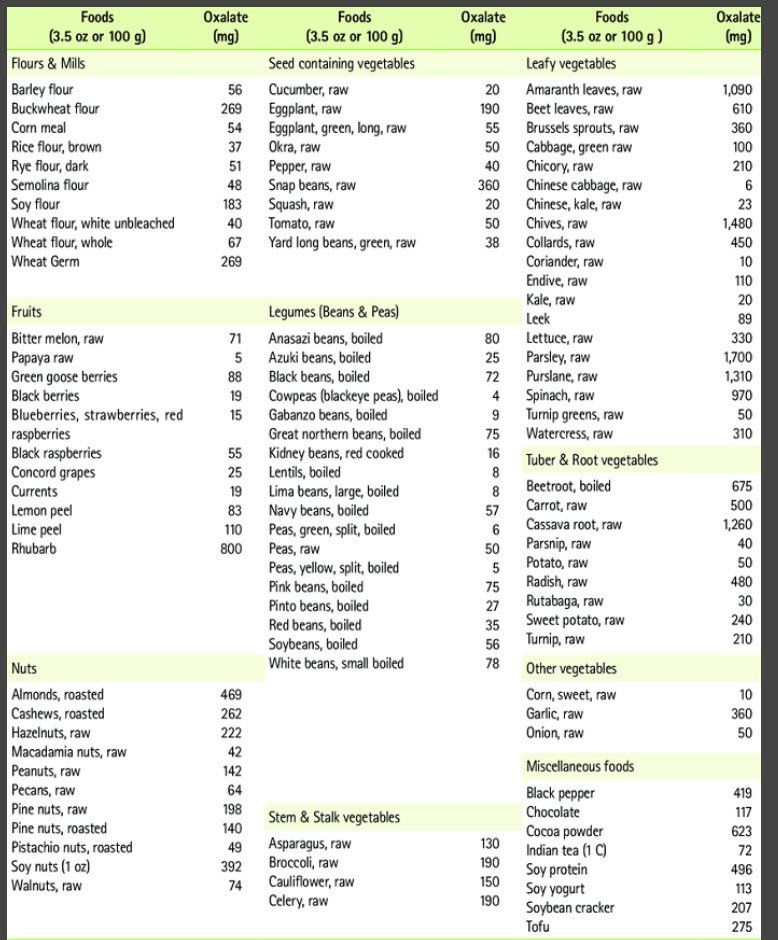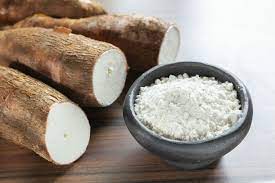Oxalate (or oxalic acid) is a compound found in a variety of plant-based foods. Under a microscope, oxalates are jagged in structure and look somewhat crystalline.
During metabolism, oxalic acid combines with other minerals like calcium, sodium, magnesium, and potassium to form compounds like calcium oxalate and sodium oxalate in the kidneys. This in turn may be responsible for mineral deficiencies. (Fig. Kidney Stone Under Microscope)
One of the most common issues with increased oxalates in the urine (hyperoxaluria) is the formation of kidney stones. However, if the body struggles to eliminate oxalate it can accumulate as crystals anywhere in the body. Commonly it accumulates in blood, then the eyes, bones, skin, muscles, blood vessels, heart and other organs.
High oxalates have also been linked with autism and inflammatory bowel disease. It can also be an underlying issue in those with ongoing gut problems or irritable bowel syndrome.
Tissue destruction, fibromyalgia and autoimmune diseases such as rheumatoid arthritis and lupus are all issues that can be related to oxalates because oxalate in tissues trigger the inflammasome reactions of the body's innate immune system.
As a side note, the thyroid will also suffer as oxalates can bind to T3 and disturb thyroid function.
The following list of vegetables should be helpful in identifying foods high in oxalates.















